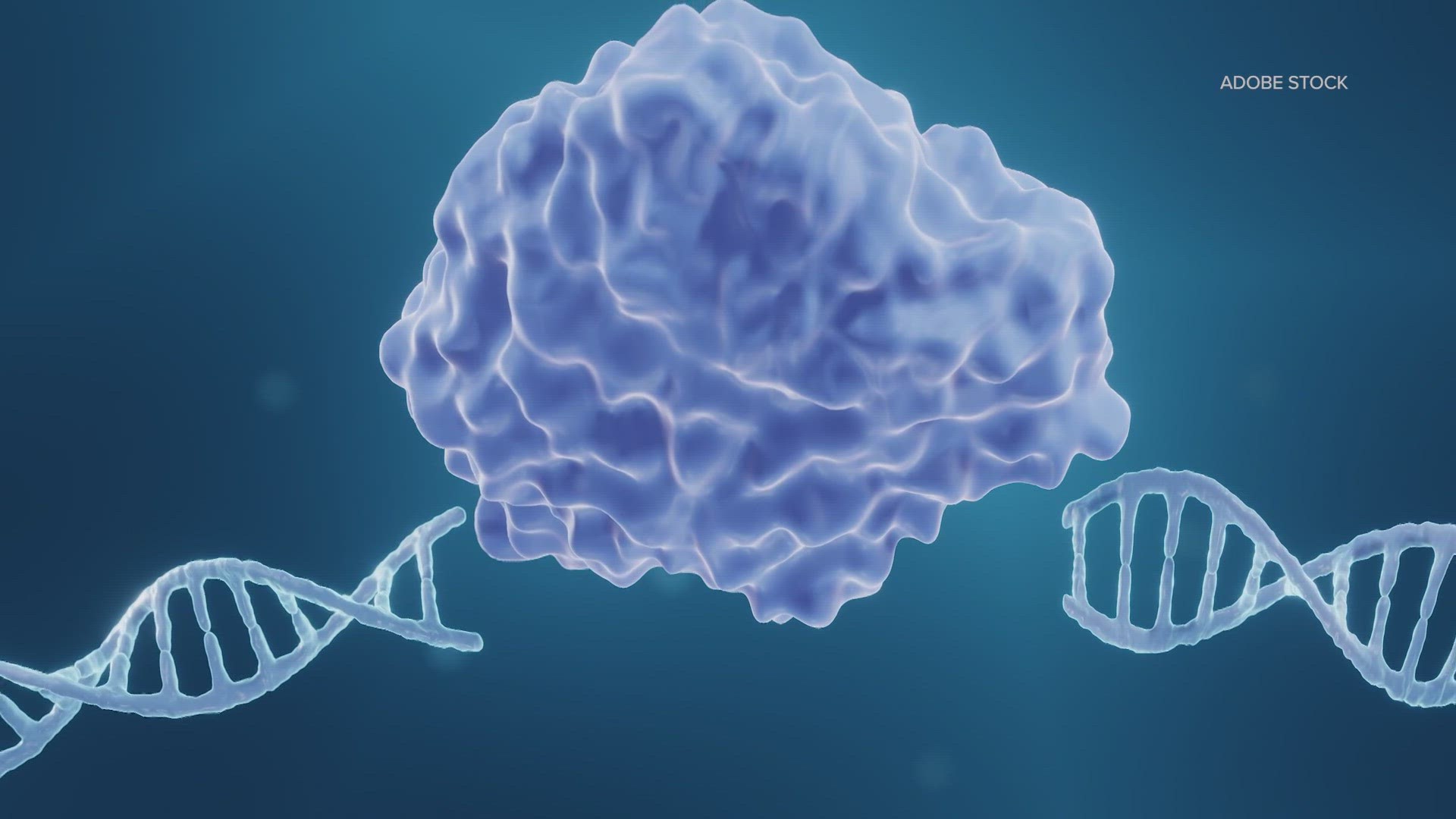SEATTLE — A groundbreaking new treatment using gene therapy is giving hope to patients who endure sickle cell disease.
Sickle cell anemia is a genetic blood condition that can cause debilitating pain. Patients often rely on bone marrow donors to help manage their disease.
But a new type of treatment that uses the gene editing technology known as CRISPR, is being described as a "game changer."
"It was like one of those moments where like, you're running. Almost like a marathon runner, and you make it to one of those checkpoints that matter," said KD Hall.
Hall has been on that marathon since her daughter, KJ, inherited sickle cell disease, which commonly affects Black patients.
For years, KING 5 has been following their journey with the disease and the advocacy work they do through Hall's foundation, which is now in its tenth year.
With the new therapy approved by the U.S. Food and Drug Administration in December, Hall and KJ can now dream of a future without pain and the symptoms of anemia.
"It means the difference in the wintertime, being able to go skiing and not thinking about putting on extra layers. It's the difference of going swimming in Washington state. It's never really hot here. That's why we got a house down in Florida so she could swim. You know what I mean, it makes the difference of so many things and not worrying about chronic pain," Hall said.
The FDA approved two new treatments for sickle cell anemia that utilize gene editing technology, one of which, uses CRISPR, short for “clustered regularly interspaced short palindromic repeats."
Dr. Kleber Fertrin, a hematologist at Fred Hutchinson Cancer Center, called the new therapy a game-changer.
"Because it allows virtually any patient to have a donor because they don't need a match. They can get this treatment using their own stem cells," Fertrin said.
It also reduces reliance on a donor match that can be difficult to find.
Fertrin explains, that the treatment modifies sickle-shaped blood cells to maintain their normal, round shape. The blood cells are first extracted from the patient's bone marrow, then modified using the technology, then transfused back into the patient's bloodstream.
"So you would get their stem cells, you modify them genetically to fix the disease in different ways, and then you perform a transplant of their own cells, but now modified, so you can improve the disease," Fertrin said.
While Fertrin did not describe the treatment as a cure, he called the treatment "transformative."
"Because in clinical practice, the way patients feel after this treatment, they will feel functionally better. They won't have the pain crises anymore," Fertrin said.
It is an immense relief for Hall and her family.
"The fact that KJ is 8 years old, and she knows that now, there is a gene editing therapy out there, just imagine what it's going to do for her mind and what she may do, and what she may add to sickle cell," Hall said.
Hall added she'll be looking into ways the treatment can be affordable and accessible to patients.
Fred Hutch said it will be among the centers in the Pacific Northwest to have access to these treatments, though it has yet to be announced when it will be available for patients.

